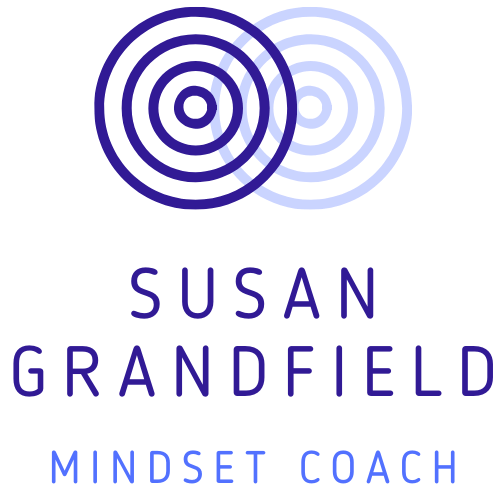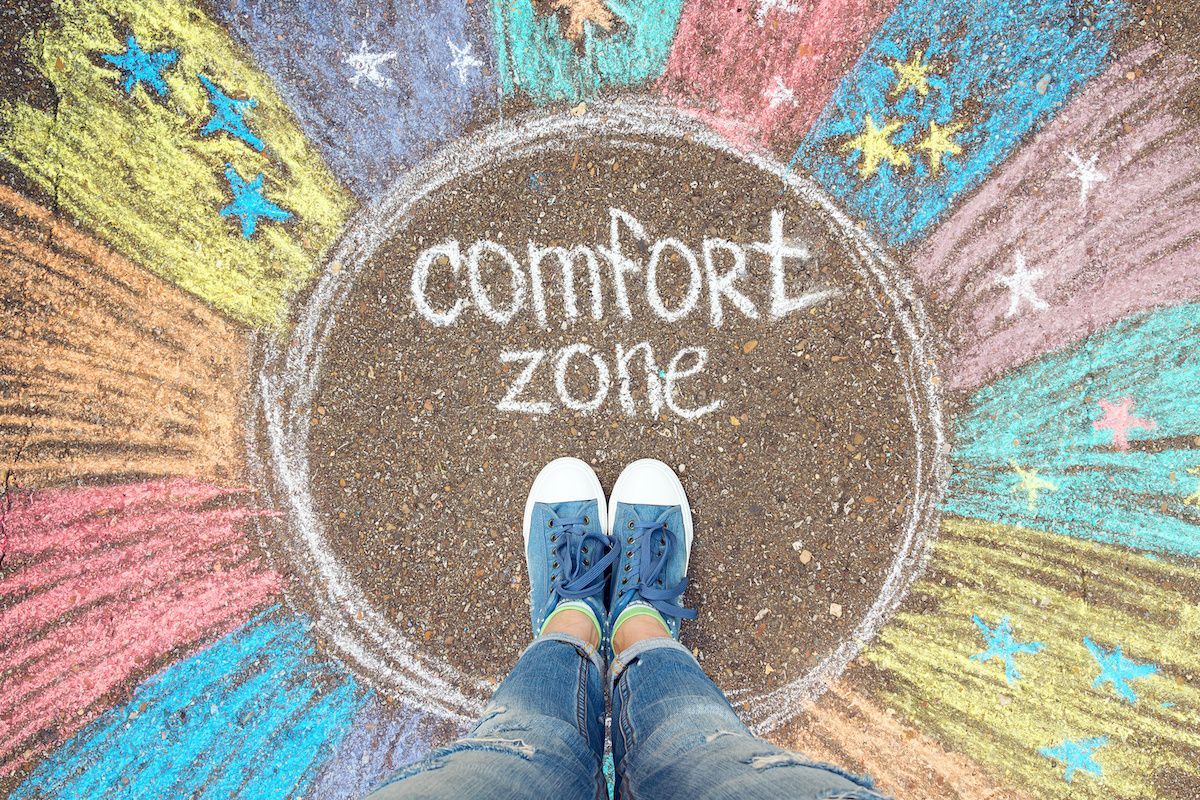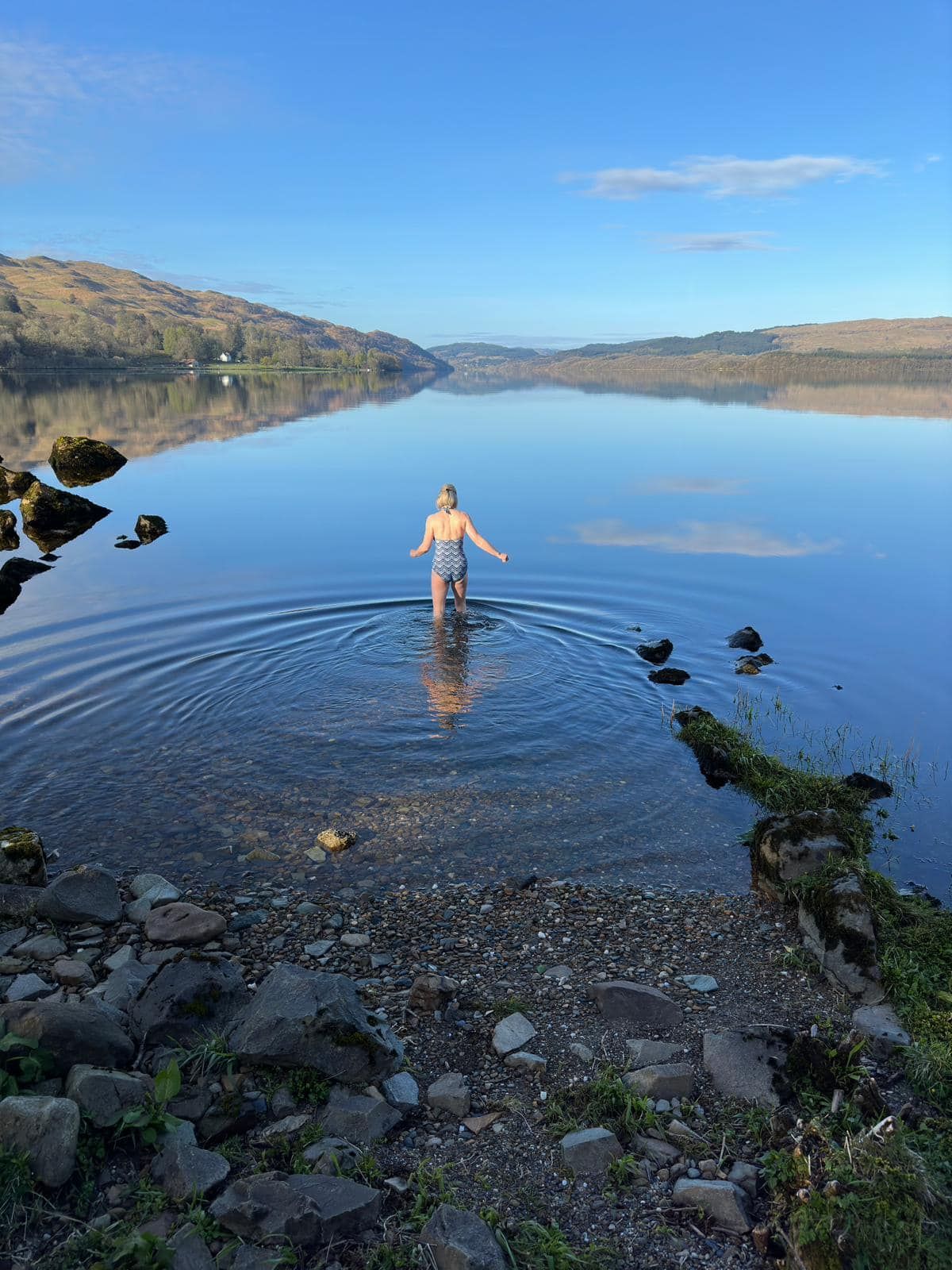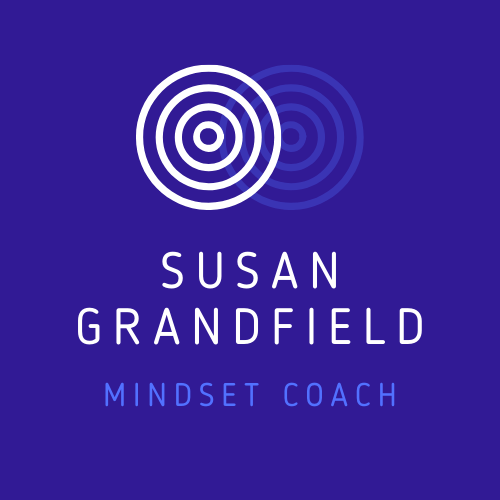There is no right answer (only the best one in that moment)
Susan Grandfield • 7 June 2020
(Only the best one in that moment)
We can really tie ourselves in knots when it comes to decision making and the truth is it’s really not as difficult as we allow it to be.
How much time and energy do you waste mulling over options, gathering information, seeking others’ opinions, writing pros and cons lists and asking Google what the right answer is? You’d be amazed and probably shocked if you sat down and worked it out. At a guess I would say we waste around between 1-3 hours per day (depending on how indecisive you are!).
What is it that gets in the way?
One of the key factors in decision making is being paralysed by the feeling that we need to find the right answer. It’s like in How Wants to be a Millionaire and Chris Tarrant asks “is that your final answer?”. In that moment doubt creeps in and you second guess yourself. The thing is, it’s unlikely that the stakes are as high as winning or losing £1 million, and yet, even with the smallest decision we can find ourselves caught up in a spiral of indecision.
This need to get it right, or more importantly, not get it wrong, comes with an underlying fear about the consequences.
Whatever the real consequences of a decision I can guarantee you that your mind will fabricate something much worse. The mind has a habit of shooting straight for the worst-case scenario. It may be that the worst-case scenario comes in the form of public embarrassment or loss of face or it may have wider reaching consequences financially or for other people. Either way, it is helpful to remember that the mind will make whatever might happen into something BIG that will happen.
The need to get it right also comes from protecting our sense of self-esteem. When we make the right decision we feel good about ourselves. It reassures us that we can trust ourselves and feel that other people are more likely to trust our judgement too. However, allowing our sense of worth to be dependent on our need to get things right is precarious.
The truth of the matter is that what constitutes the right decision will change.
Every aspect of life is shifting and changing every moment and so what we know right now, how the world around us looks today, is different to how it will be tomorrow next week, next year. All we can do is make a decision based on now, otherwise we are effectively crystal ball gazing!
Bring to mind a time when you made a decision and later regretted it or when you put off making a decision one day then came back to it the next and were able to decide immediately. Things change. The variables and factors which we get caught up in when trying to decide what is the “right answer” are constantly in flow and so all you can do is take what you known now and decide based on that.
(Or…..if you genuinely can’t decide in that moment, stop agonising and step away).
You can’t get the answer wrong if you base your decision on the information available to you right now. It is highly possible that some of that information is intuitive and often our intuition is the most powerful source of knowing.
So, here is the thing to remember; when you find yourself saying “I don’t know what is the right thing to do”, pause and remind yourself that there is no right or wrong thing to do. You can’t get it wrong. All you can do is make the best choice available to you in that moment.
Feel how much easier it is to decide.
What do you need help with?
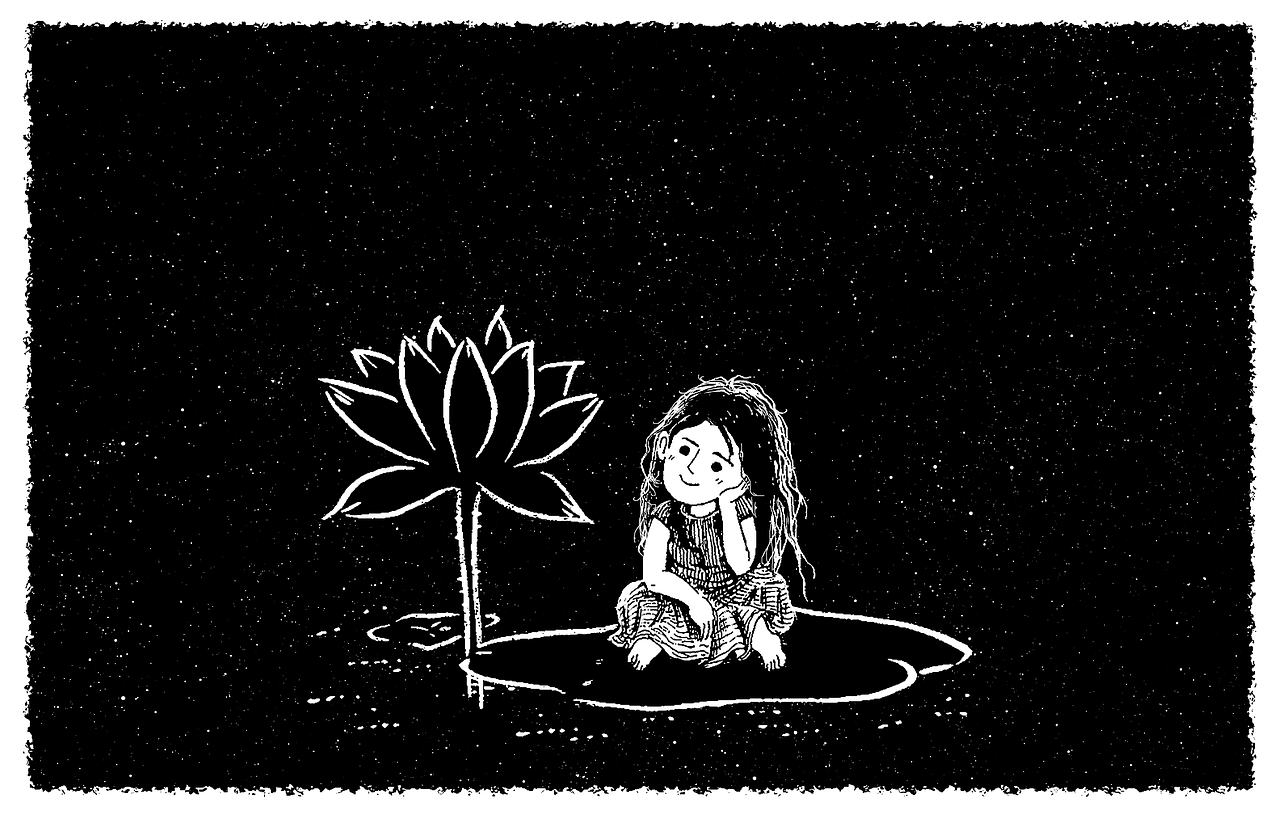
The struggle of an idealist in a world of pessimists, pragmatists and realists is that at times it can feel very lonely, like we’re sitting on the edge of the crowd not being invited into the conversation. Everyone is looking in one direction and when we point out that there is another direction they could look in we feel dismissed, not heard and ridiculed for romantic notions about the world. But it doesn't have to feel that way.

Idealist: “Someone who believes that very good things can be achieved, often when this does not seem likely to others”. Rather than hiding away, agreeing with others, making myself wrong for holding a more hopeful view of the world or criticising myself for being naïve I backed myself and stood behind my beliefs.

We begin this adventure of a lifetime as wide open, expansive, creative, loving, curious and innately wise little beings full of possibility, potential and optimism. But through our experience of interacting with others and the world around us we, unconsciously, wrap ourselves up in patterns of behaving and thinking which serve to protect us from the perceived risk of following that childlike energy. Now is the time to "unwrap" those protective layers and reconnect with who we really are.
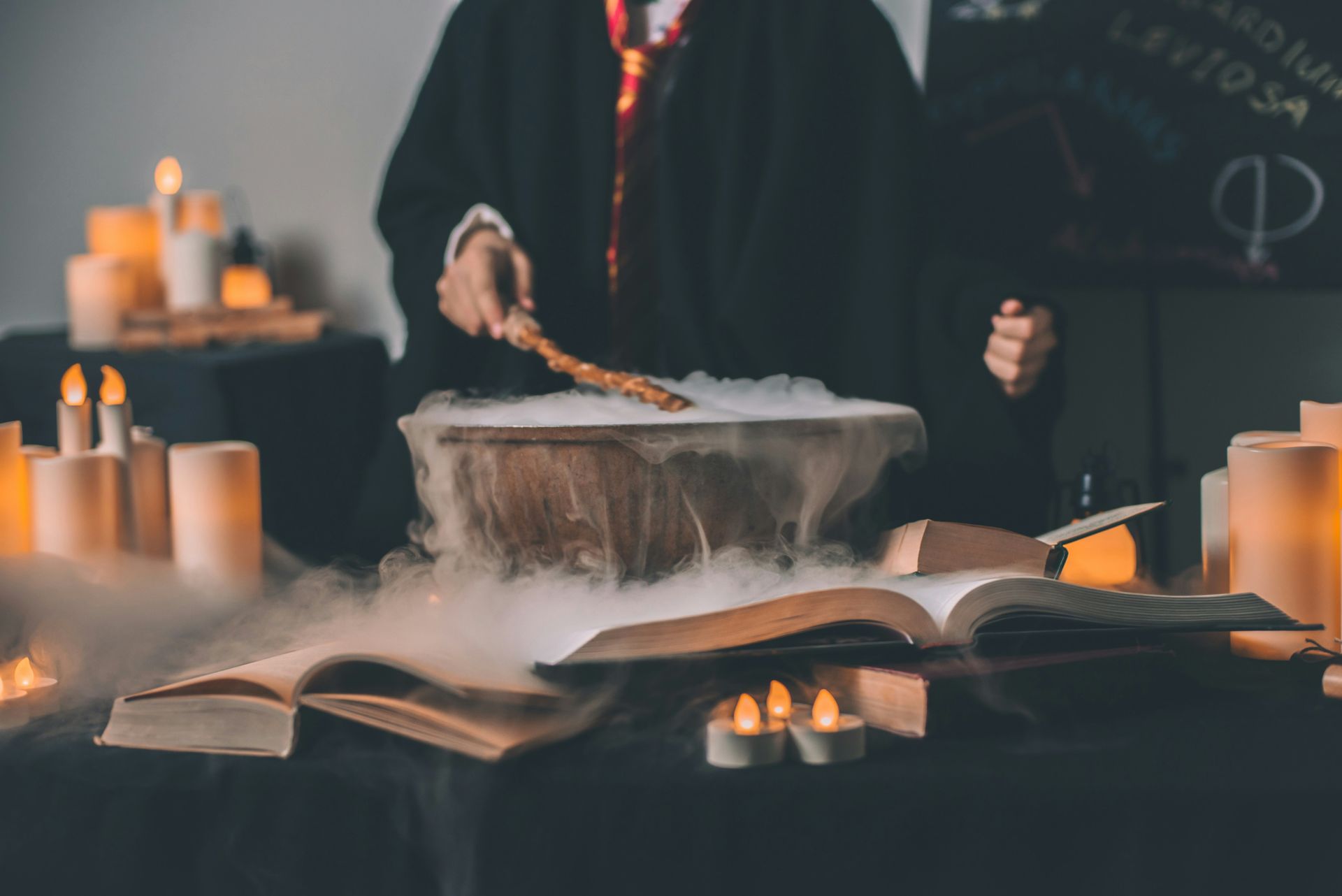
Experimenting is fundamentally about trying things out and not being attached to a particular outcome. It is about giving things a go and learning from whatever happens. There is a real freedom in approaching things with an experimental mindset and I believe it can be brought to all aspects of our lives.
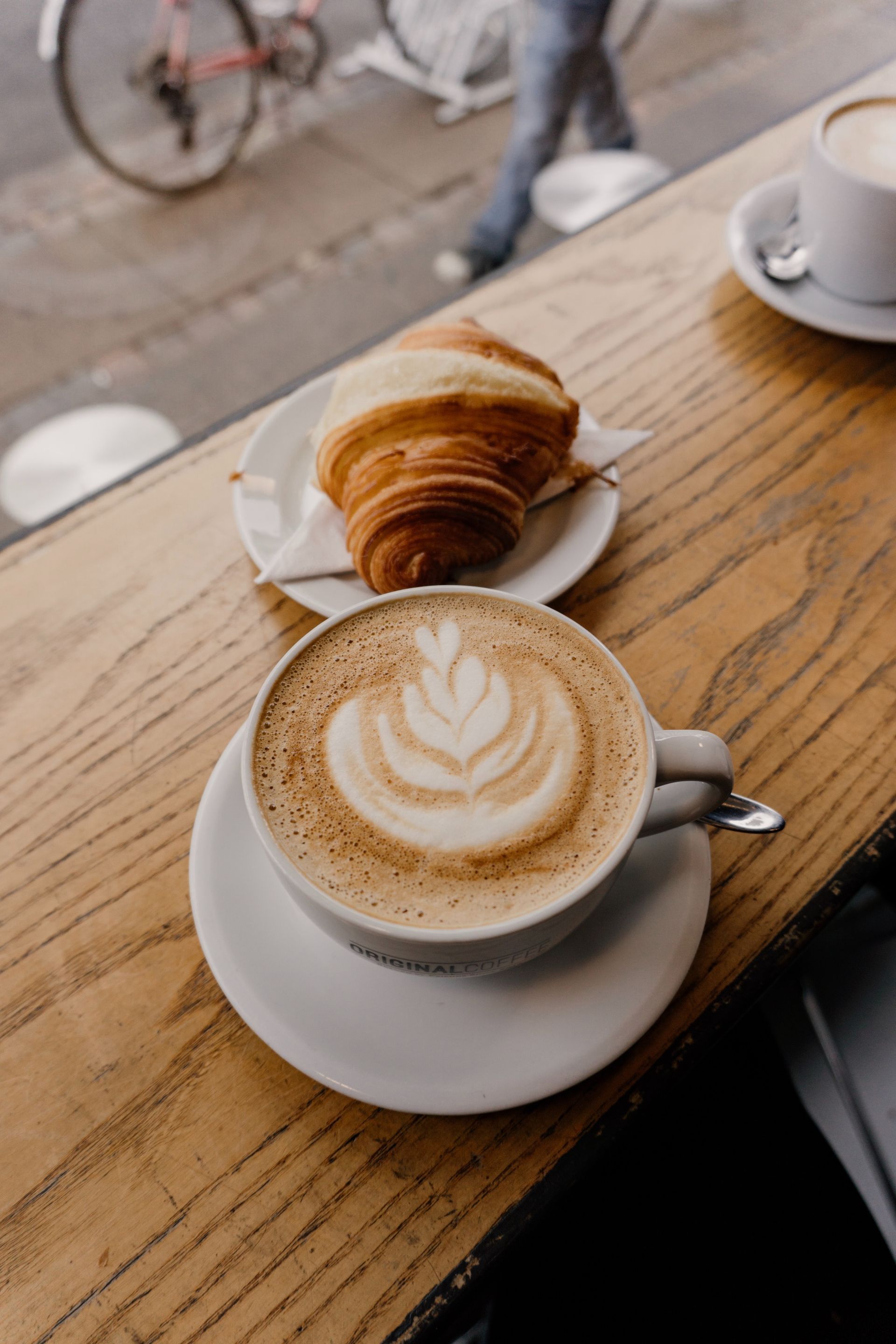
Like me, are you also someone who tends to plan moments of bliss rather than allow them to happen?
Ridiculous as that may sound, I realise that when I am in my familiar environment doing familiar and routine activities I tend to plan for moments of bliss or joy to happen sometime in the future, when all of the things I need to do have been done. I am discovering the possibility of experiencing moments of bliss at any time and without the preplanning.
